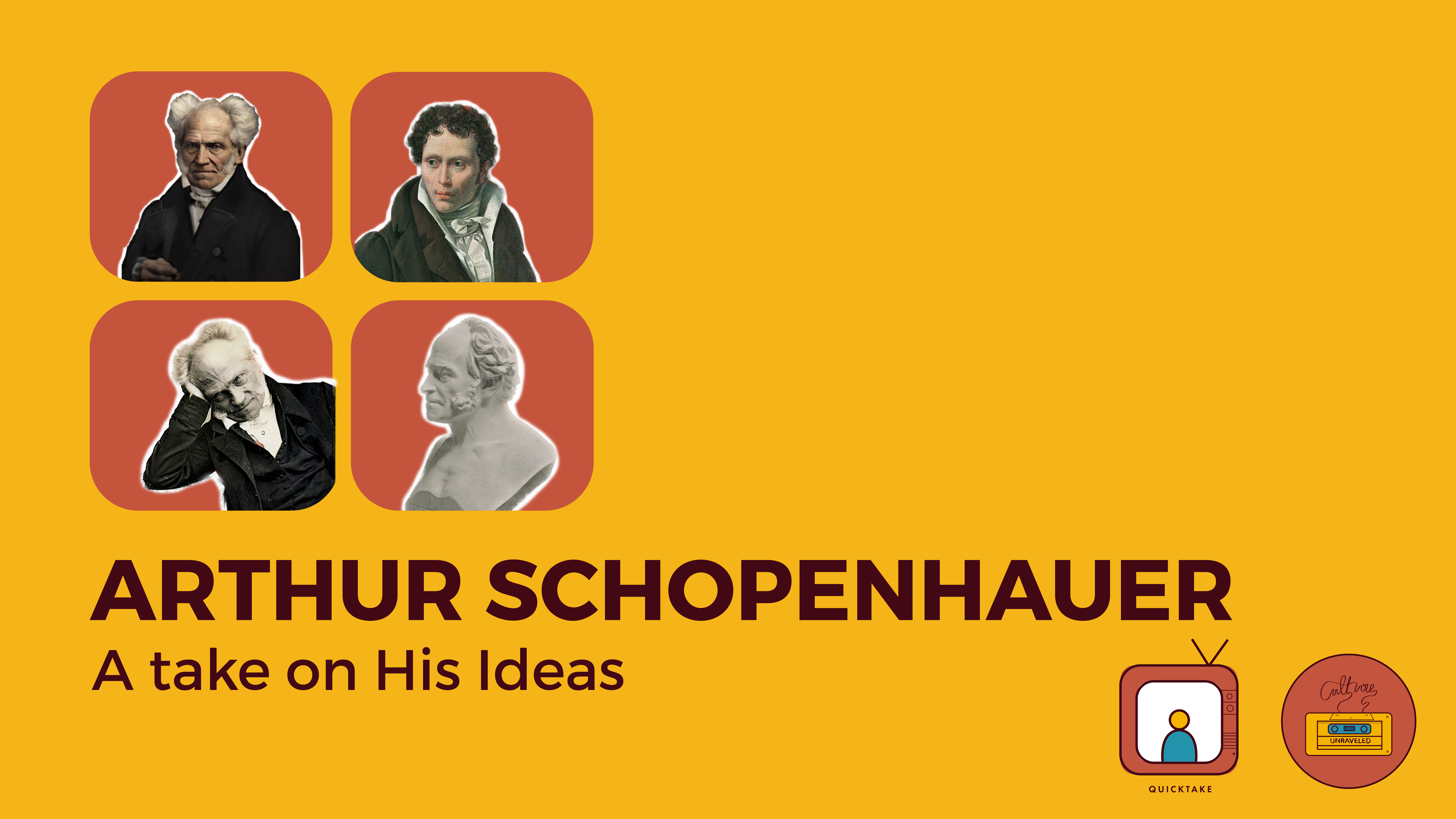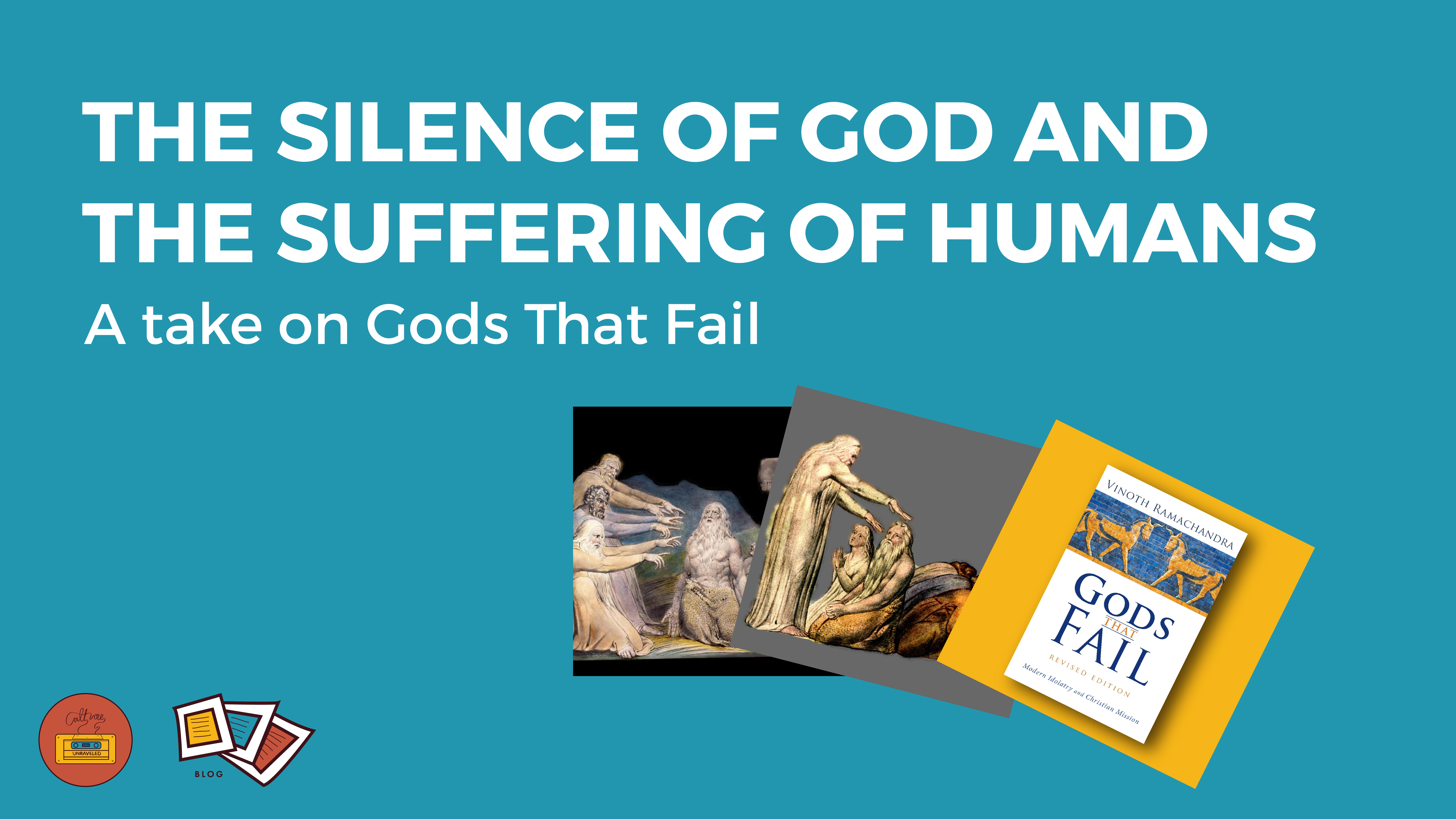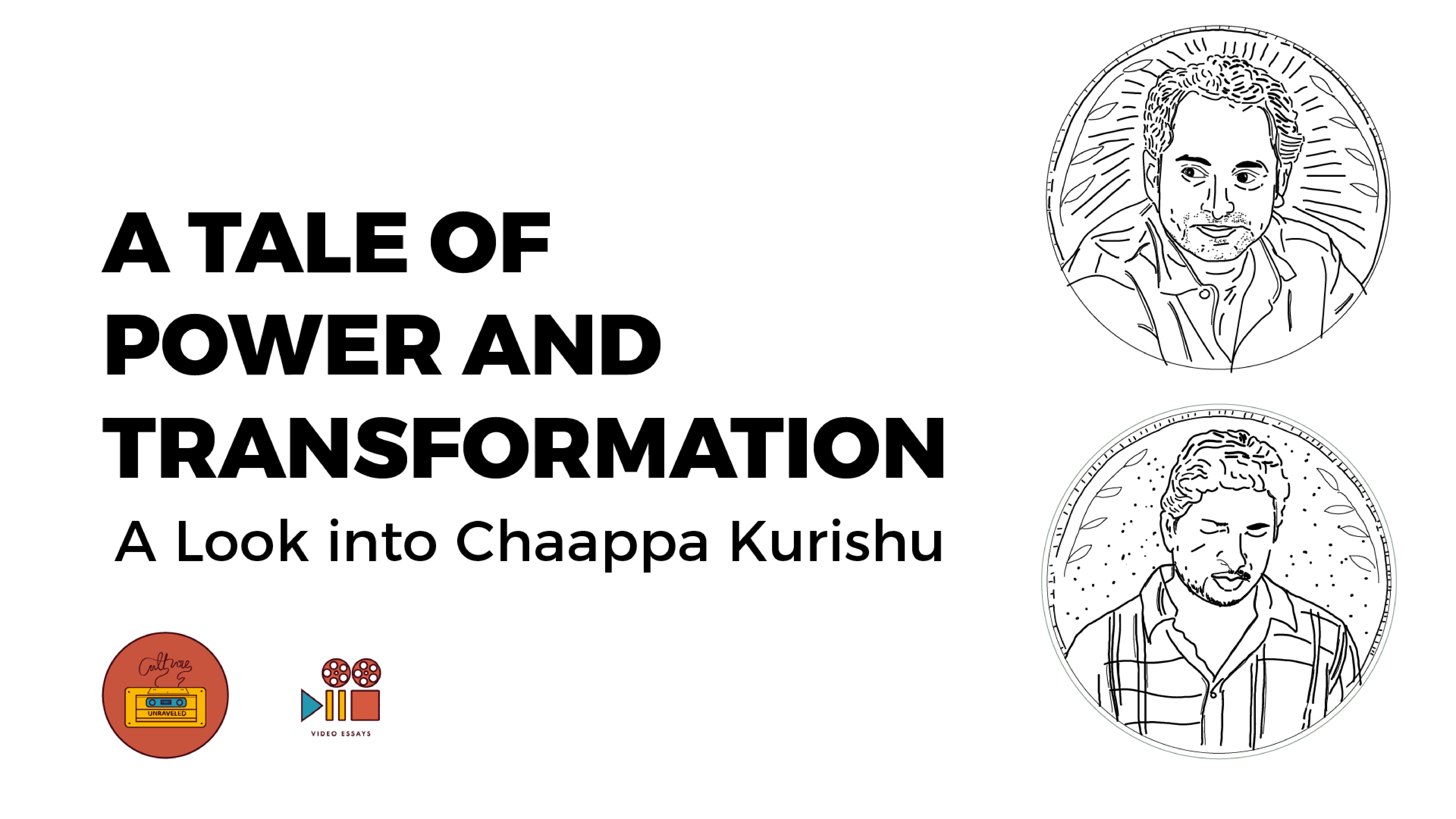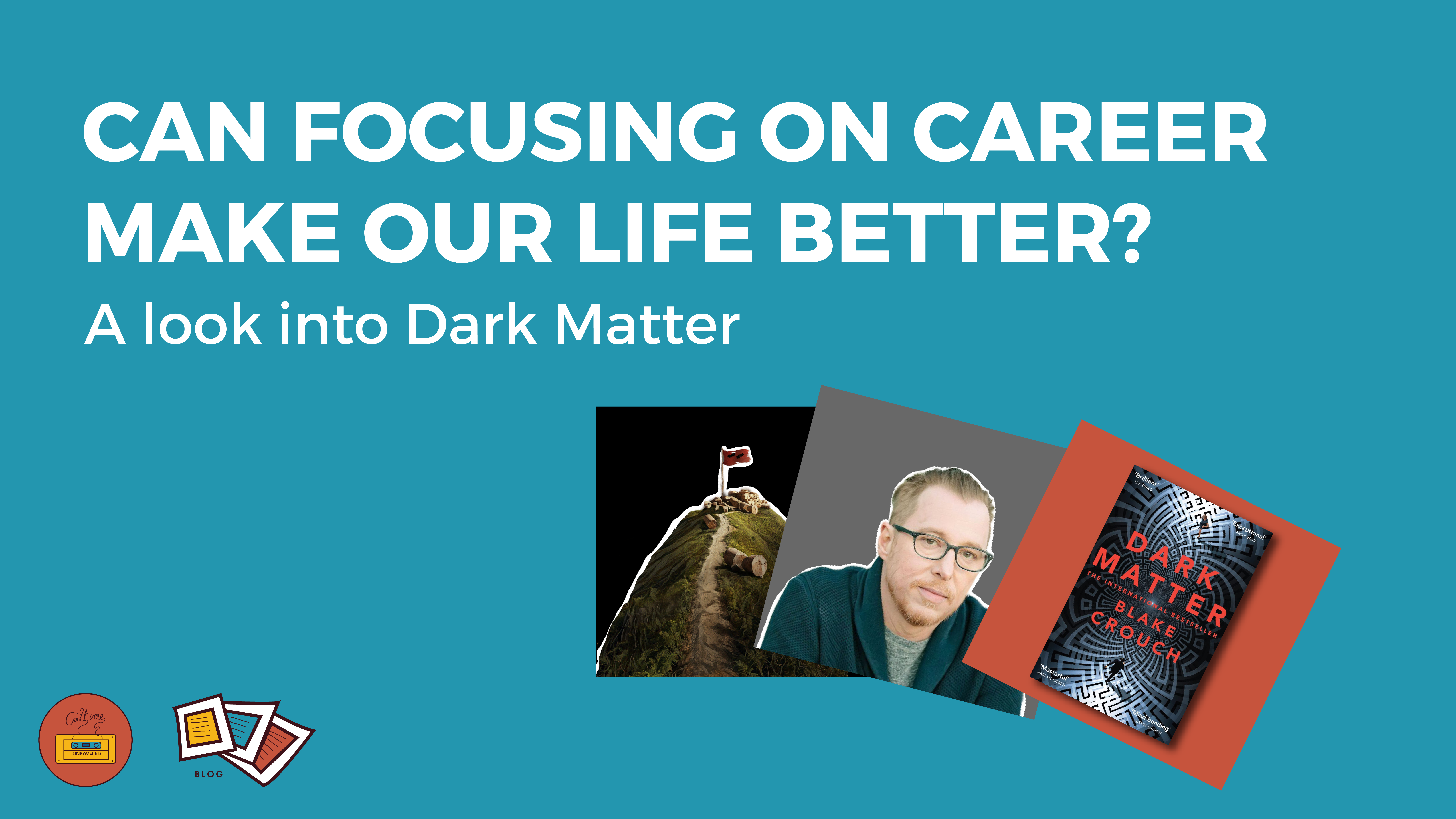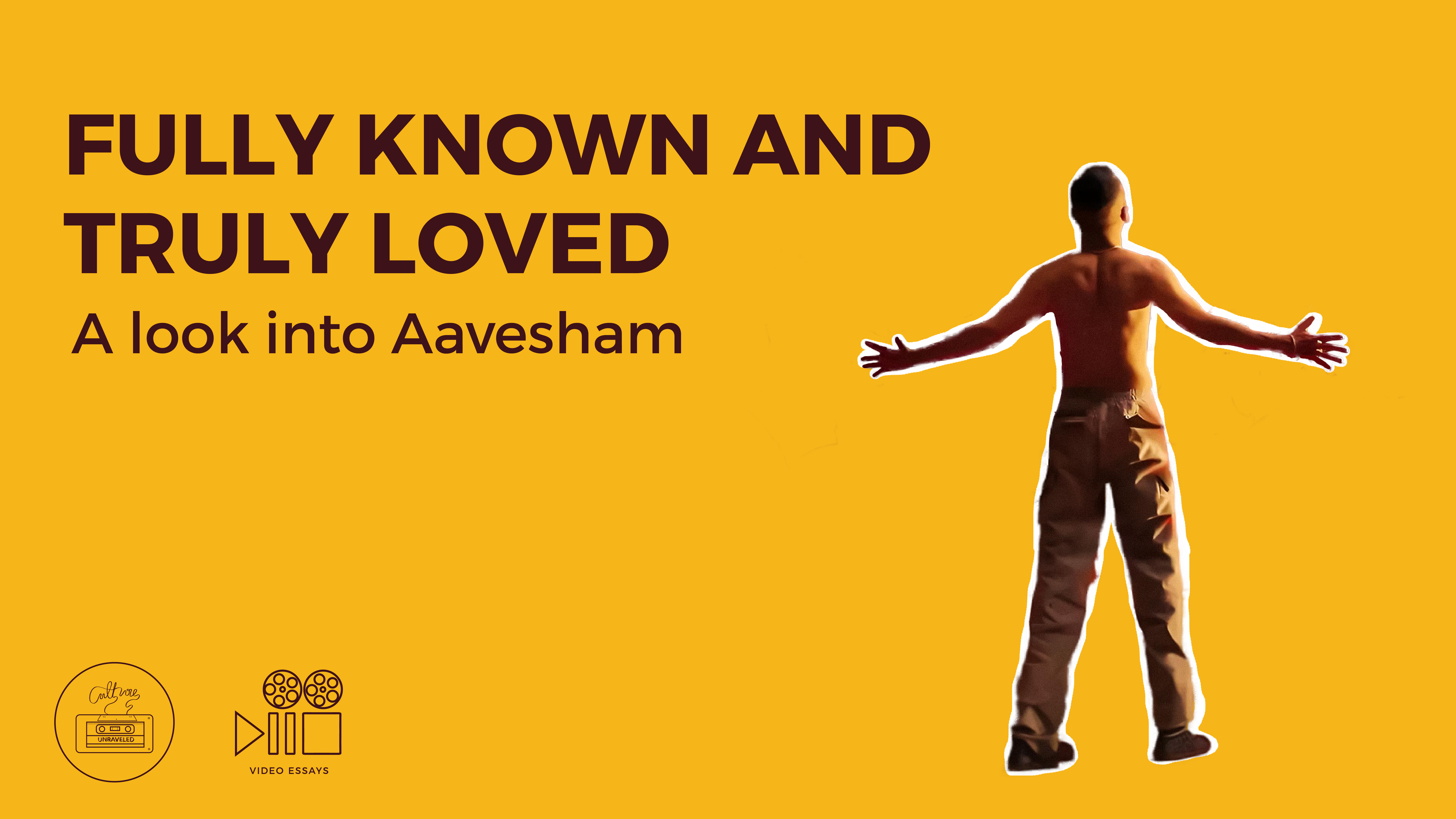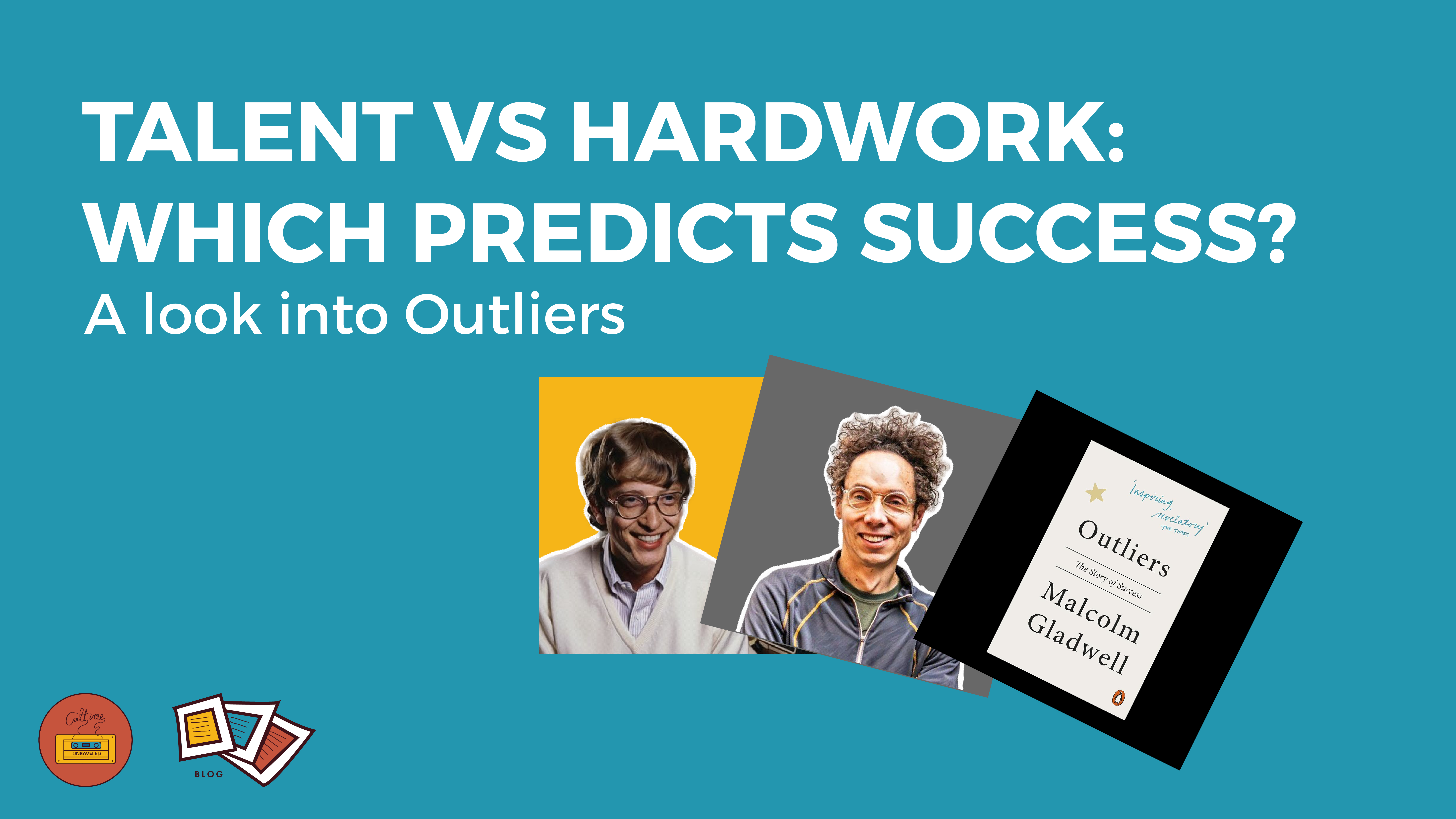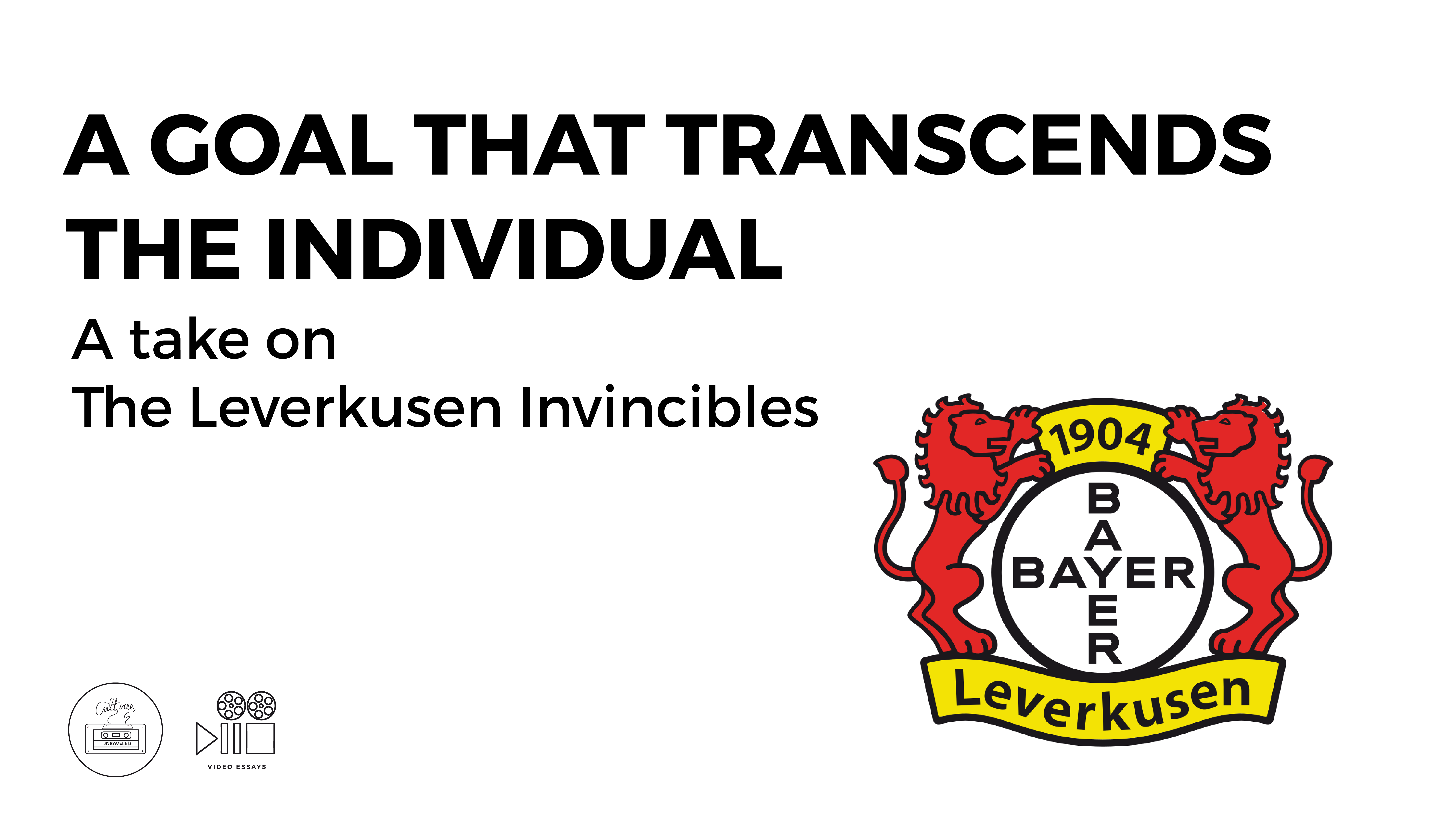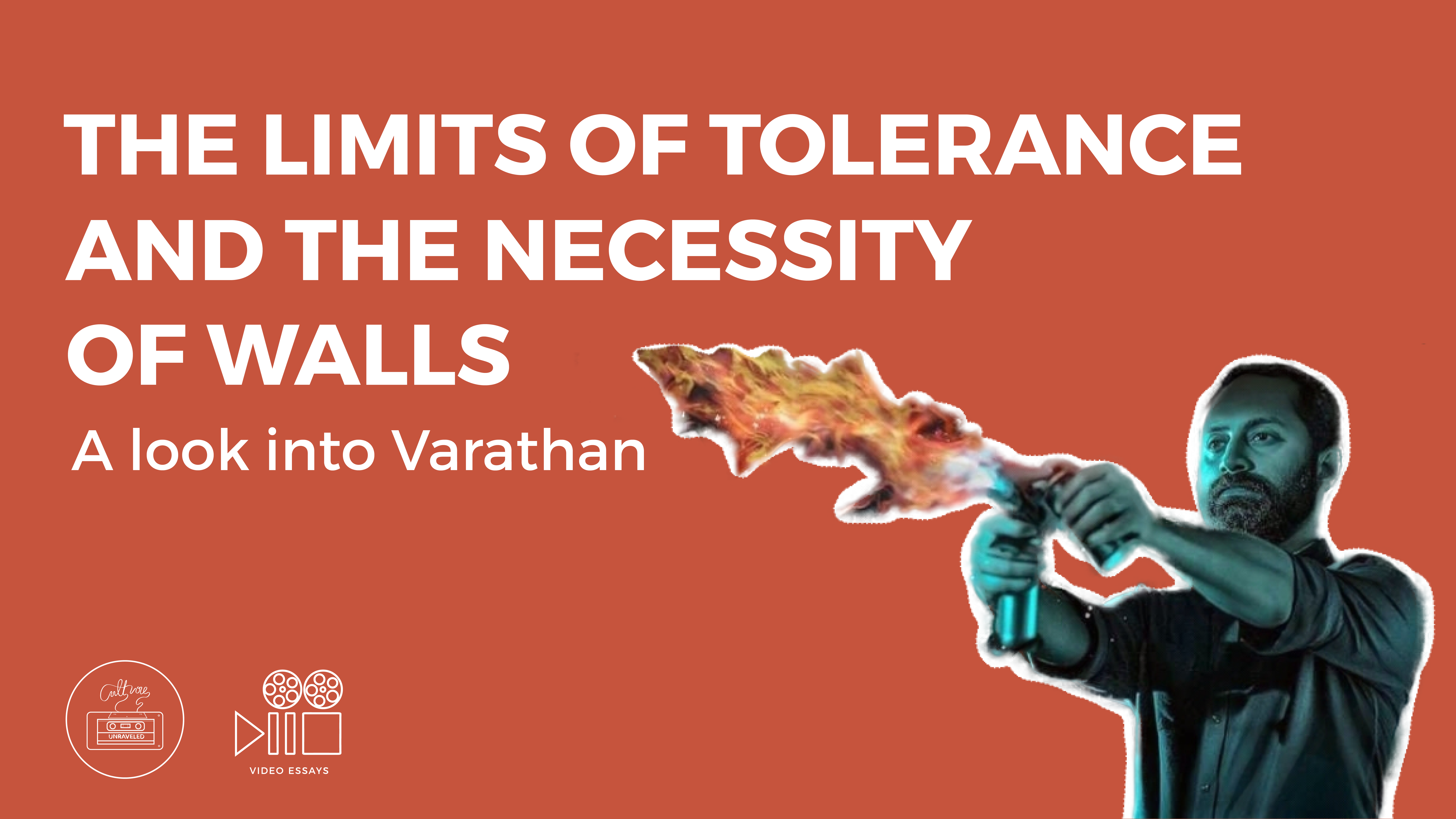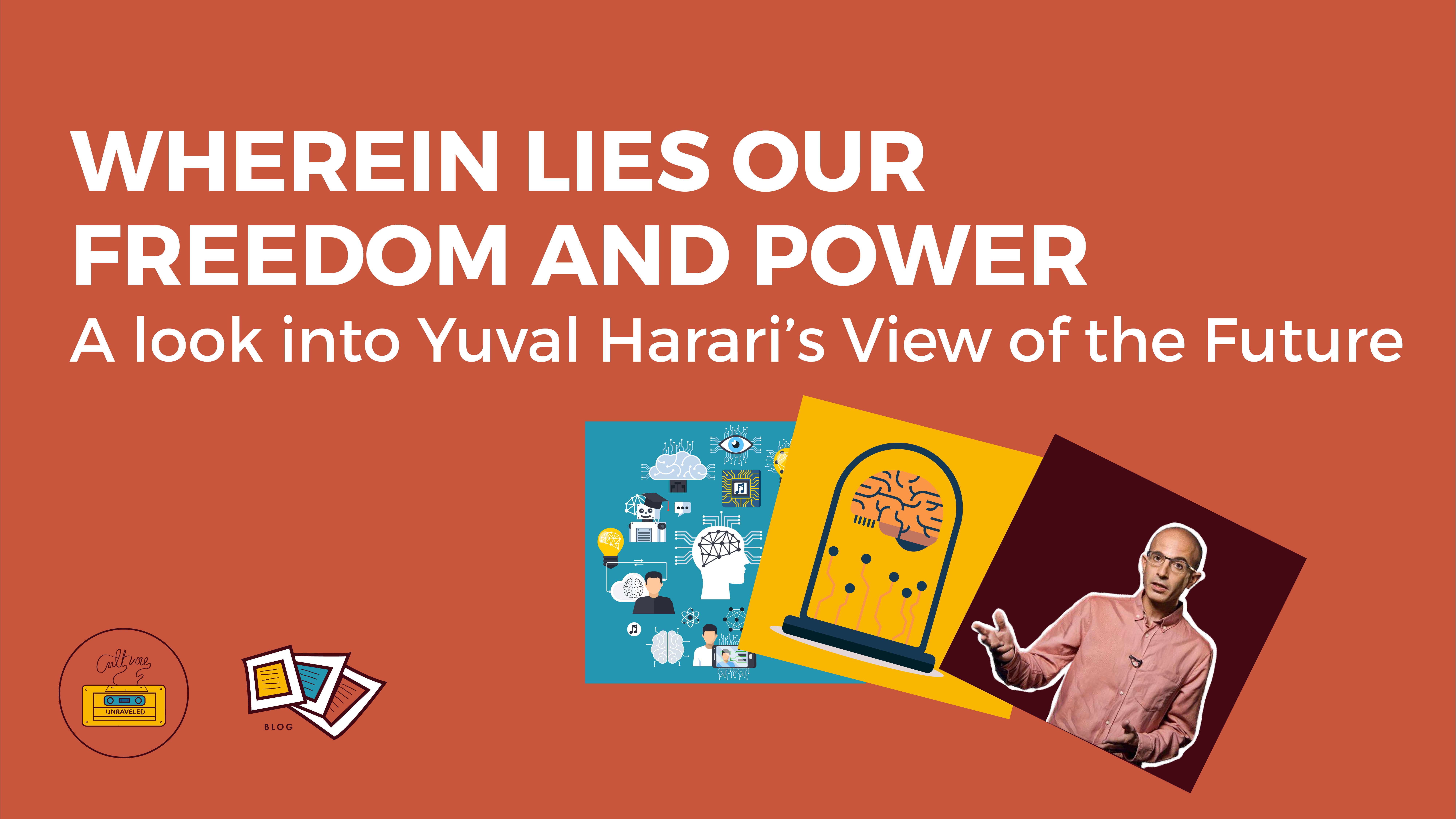
Wherein lies our Freedom and Power. A look into Yuval Harari’s view of the future
Yuval Noah Harari is an Israeli historian, philosopher, and author. One of his best-selling books is “Homo Deus: A brief history of tomorrow,” based on which he lectures at the University of California Santa Barbara. In that talk, Harari starts by observing human history. According to him, human history transitioned amid three significant eras, with authority shifting amongst different entities. He maintains that such shifts in authority lead us towards a future in which human beings, as we now exist, will transition into a very different species, wherein power and authority will be in the hands of a new kind of ruler.
In the previous centuries, authority lay in the hands of the priests, the shamans, or the rabbis, and divine commandments were the sole determiner of truth. In this period, if humans had to make a choice or understand how to live, they appealed to religious authority. The primary purpose of education was to connect people to a source of power outside of human capacities.
Then in the humanist era, authority lay in human emotions and desires, and they determined what was true. It did not locate the supreme power in divine commandments but in human feelings. Harari explains how this unfolded in different areas of human experience. For instance, the voter was the sole determiner of power in politics. Likewise, in economics, the customer determines the value of a product or service. In arts and ethics, human feelings define what is true, good, and beautiful. If the real source of authority was human feelings, then the primary purpose of education is to train people to think for themselves.
But since a few decades, Harari points out; the entire humanist worldview is facing a threat, not from religious fundamentalists, but from university labs. In this era, which is rife with technological advancements, power is no longer in the hands of the gods or human feelings, but it is shifting away from these to algorithms. He argues that human feelings are biochemical algorithms that give humans the capacity to calculate and determine the probability of their survival or extinction. Now, technology and artificial intelligence can collect and analyze massive amounts of data and has the incredible computing power to create external algorithms that can understand human beings better than any religious or human entity. Therefore, according to Harari, mathematical algorithms are astonishingly powerful and can determine the future of humanity.
If authority moved from God to mathematical algorithms, who or what would rule humanity in the future? If algorithms have such tremendous capacity, what does our future look like? Harari answers these questions in this talk, which carry within themselves a worldview that can influence our understanding of human nature, capabilities, and destiny. The implications of his worldview will shape how we exercise power over our lives and how we live.
Harari makes two claims about human nature and human destiny based on these notions.
First, he claims that if our feelings are merely biochemical algorithms that give us the capacity to calculate the probability of our chances to survive in any situation, then it must be true that there is nothing such as true human freedom. We are not creatures who can freely choose or exercise our wills. Instead, biological evolution determines our capacity to calculate the probabilities of our survival. Second, he claims that if our feelings are biochemical algorithms, artificial intelligence systems with better algorithmic power and the capacity to calculate massive amounts of data can better understand who we are and what we want and give us the best probabilities for our survival.
Are these claims reasonable? Harari’s claims seem fair, yet certain problems with his worldview give rise to these claims. Underneath these perspectives lie significant assumptions about human freedom and destiny.
To think there is no such thing as freedom, one must assume that humans are not free, rational agents of influence and power who can freely exercise their wills. And to think that biochemical algorithms, can be replaced by mathematical algorithms, one must assume that mathematical algorithms and biochemical algorithms are, by nature, of the same kind. But aren’t mathematical algorithms qualitatively different from complex biological and neurochemical processes involving multiple systems within the body and the brain? If yes, giving our decision-making capacities to artificial intelligence seems unfair. If the view that natural evolution determines the limits of our capabilities, we must inevitably evolve into an era in which artificial intelligence can take over such powers. In such a case, human beings are subservient, either to their environment or to an external agent that we have created in the first place.
Can human nature be reduced to mere biological processes? Do we exist solely to serve our base desires and emotions? And is our future in the hands of artificial intelligence systems?
The biblical perspective gives us a different account of human nature. While it is true that we can explain human feelings in terms of biochemical processes, the biblical perspective does not reduce human nature to biological processes. It does not define our existence as mere compliance with our feelings. It tells us that we are not at the mercy of natural evolution. We can freely choose between good and evil and exercise our will under God’s moral law. Human freedom is seen as a reflection of God’s freedom and is an essential part of the human experience. And our capacity to choose freely and make decisions is more complex and dynamic than the power of any mathematical algorithm. We are essentially free creatures, and such freedom gives us the capacity to have power over our minds, feelings, and wills.
And while it is true that artificial intelligence is more brilliant than humans and can analyze vast amounts of data faster than any human can strive to achieve, it cannot replace human beings in terms of their capacity to imagine, create, and experience everything that draws us into awe and wonder. Ultimately, the power of artificial intelligence systems is derivative. Only humans can be imaginative and original and experience awe, such that we are innately creative. And as such, we reflect the image of our Creator, who gives us these capacities in the first place. God created us to have dominion over his creation. So, we aren’t subservient to any technological theocrat but have inherent dignity, worth, and moral responsibility to be co-rulers with our Creator.
We are moving towards a future in which artificial intelligence is starting to exert tremendous influence over our lives. But this does not mean we overlook our inherent freedom and moral responsibility and give in to the power of mathematical algorithms to make our decisions. Instead, we must recognize that we reflect God’s image; as such, we mirror God in our capacities to choose and have power over our future freely. Therefore, in contrast to Harari’s view of human destiny as located in the hands of an artificially intelligent ruler, we will do well when we recognize our God-given capacity to be co-rulers with him and have dominion over all creation.
_________________________________________
Written by Roselina Vundi



